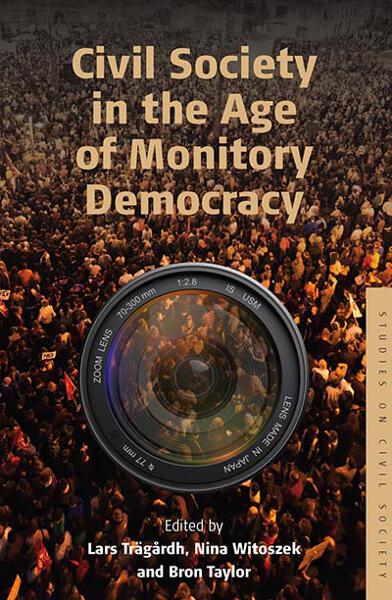
See Related
History JournalsEmail Newsletters
Sign up for our email newsletters to get customized updates on new Berghahn publications.
The Politics of Personal Information
Surveillance, Privacy, and Power in West Germany
Larry Frohman
406 pages, 13 illus., bibliog., index
ISBN 978-1-78920-946-4 $150.00/£115.00 / Hb / Published (December 2020)
ISBN 978-1-80539-115-9 $39.95/£31.95 / Pb / Published (September 2023)
eISBN 978-1-80539-361-0 eBook
Reviews
“This is an important book crafted by a master of intellectual history. It will be widely consumed and discussed among German historians and a wide range of intellectuals interested in the origins of the modern surveillance state. Essential.” • Choice
“This book unites disparate episodes in West German history into a careful and illuminating exploration of Germans’ attitudes toward the privacy of their own personal data, the changing implications for those attitudes as technological capacity expands, and the very conception of governmentality as the state inescapably can see more and more into the intimate lives of its citizens.” • Kenneth Ledford, Case Western Reserve University
“Frohman has done a truly masterful job of capturing the debates around privacy and surveillance, demonstrating with the help of the West German case how these concepts have evolved alongside information technologies. For those looking for a path forward, a way out of the panopticon or Big Brother’s grasp, the book’s most vital contribution is its use of privacy not only to theorize the information state but to actively contest the new forms of power that state pursues.” • Karrin Hanshew, Michigan State University
Description
In the 1970s and 1980s West Germany was a pioneer in both the use of the new information technologies for population surveillance and the adoption of privacy protection legislation. During this era of cultural change and political polarization, the expansion, bureaucratization, and computerization of population surveillance disrupted the norms that had governed the exchange and use of personal information in earlier decades and gave rise to a set of distinctly postindustrial social conflicts centered on the use of personal information as a means of social governance in the welfare state. Combining vast archival research with a groundbreaking theoretical analysis, this book gives a definitive account of the politics of personal information in West Germany at the dawn of the information society.
Larry Frohman is an Associate Professor of History at the State University of New York. He is the author of Poor Relief and Welfare in Germany from the Reformation to World War I (Cambridge University Press, 2008), along with a series of articles on the welfare state.
Subject: History: 20th Century to Present
Area: Germany
Contents
Download ToC (PDF)




